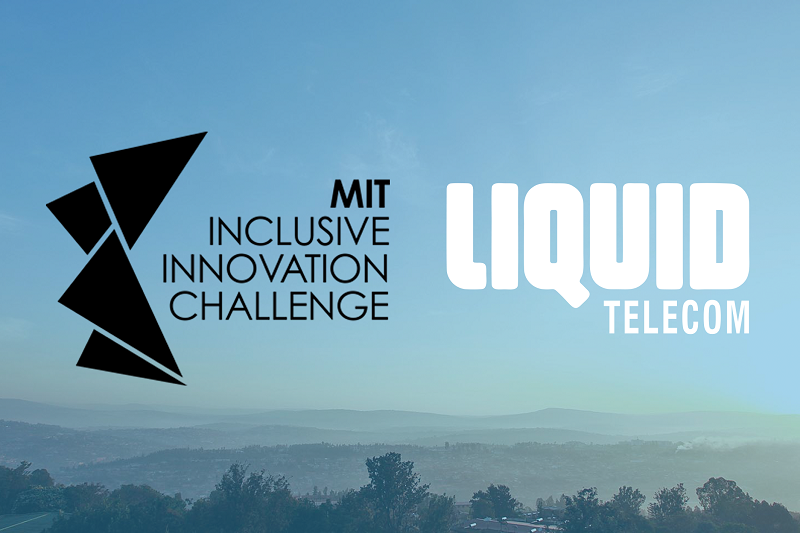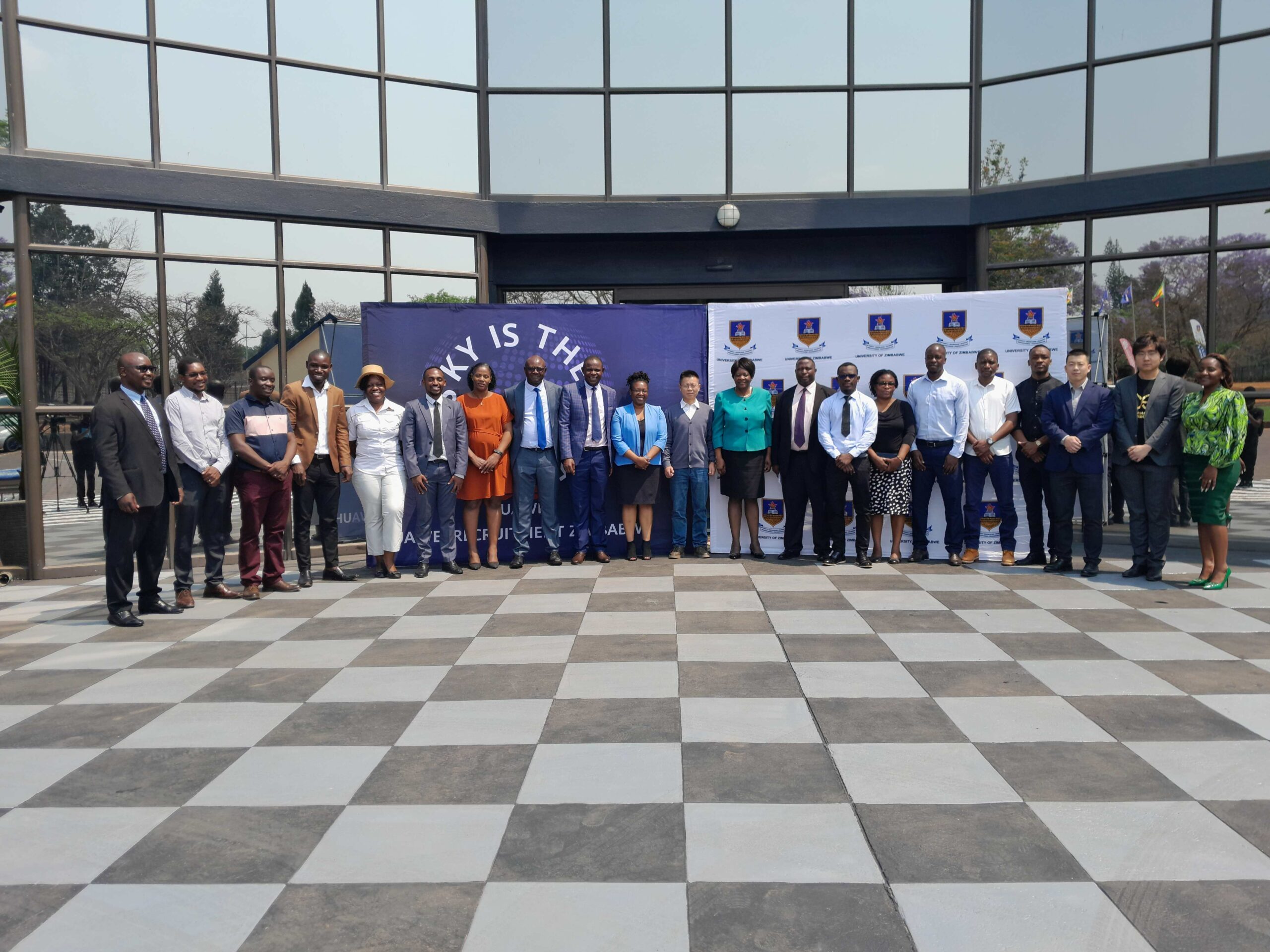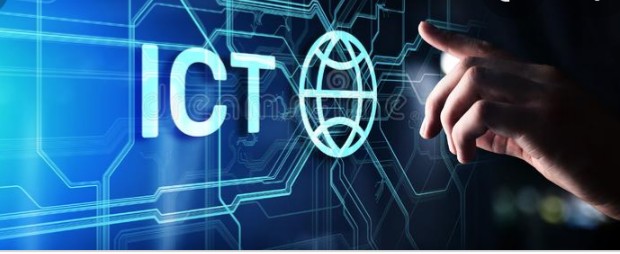Liquid Telecom will serve as Massachusetts Institute of Technology’s (MIT) outreach partner for Africa in this year’s edition of the inclusive innovation challenge (IIC).
Through the partnership, Liquid Telecom will be encouraging African-based start-ups, innovators and technology companies to take part in various challenges.
The 2019 IIC has four categories; technology access, financial inclusion, skills development and opportunity matchingas well as income growth and job creation.
The IIC will award a total of $1,6 million this year —including $250 000 to each of the four winning organisations.
“Liquid Telecom is looking forward to working with MIT on delivering the IIC in Africa as it is aligned with our mission to support innovation, using digital technology, across the continent. As an African company, greater inclusion in both the creation and application of technology is fundamental to Liquid Telecom’s DNA. We are happy to help IIC reach more entrepreneurs and innovators across the continent,” Liquid Telecom’s group chief technology and innovation officer, Ben Roberts said.
Since 2016, the IIC has challenged entrepreneurs around the world to re-invent the way technology innovation is harnessed. This year, the challenge will take place on five continents: Africa, Asia, Europe, including Latin America, the United States and Canada.
IIC executive producer Devin Cook sees a “revolution afoot to create high-tech jobs and skills training that brings people more fully into the digital age. Our vision is an economy that works for all”, she said.
“To achieve this, the IIC serves as a catalyst to “accelerate entrepreneurs who are already making our vision a reality.” In addition, the challenge seeks “to drive a solutions-oriented conversation about the future of work.”
Since it was started, 3 000 organisations have registered for the IIC from more than 100 nations. It has also worked with more than 100 global outreach partners, 500 judges, and drawn 3 300 event attendees.
There were 100 winners in last year’s competition who were awarded a total of $3,5 million. They developed solutions ranging from agricultural climate apps for African farmers to training courses for US healthcare workers and coding bootcamps in India and the Middle East.






